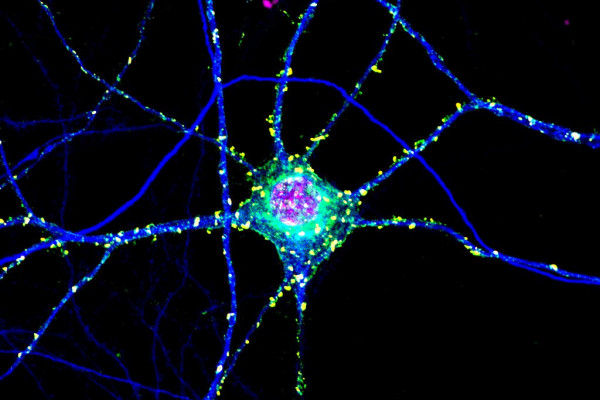Researchers have used stem cells to make neural implants more refined and with less scar...
Interviews with Scientists
Interviews about medicine, science, technology and engineering with scientists and researchers internationally...
Imaging human tissue in 3 dimensions, a potential drug to treat autism, how wind turbines are affecting local...
How does the brain keep track of time?
Our lives are becoming increasingly 24/7 - around 1 in 5 adults works non-standard time, so not the 9 to 5; we...
RFID, or Radio-frequency identification tags are the small electronic tags that are used for a huge number of...
Amphibian species around the world are subject to an increasing threat in the form of a fungus. Over 200 amphibian...
Circadian rhythms are clearly important for staying fit, both in terms of good health and of survival of the fittest....
Water sources below Africa, potential anti-cancer effects of Aspirin, a new polymer for cheaper solar cells and how...
How do subsea volcanoes affect the acidity of seawater? And how can this then affect the species found nearby? Robyn...
A major international collaboration is embarking on a mission to conduct the first systematic study of life in the...
Submarines, manned or unmanned have been vital in learning about the deep sea as well as playing an essential role as...
The World Health Organisation estimates that every year almost two and a half million people worldwide die as a direct...
How do birds navigate long distances?
How memories can be re-written to prevent drug relapse, the effects of social rank on gene expression and health, how...
White pox disease is wiping out Elkhorn coral in the Caribbean and the culprit is rather hard to stomach.
Can you walk out on the Pacific garbage patch? And what's the problem if fish eat plastic? Miriam Goldstein and...
We meet a denizen of the twilight zone that you can see right through.
Sue Nelson explores the missing pieces of the dwarf elephant puzzle and what these extinct animals can tell us about...
This week has seen NAM2012 - the Royal Astronomical Society's National Astronomy Meeting. Over 1000 delegates got...
What was the atmosphere like on the Earth nearly 3 billion years ago? Well that's a pretty tough question to...
